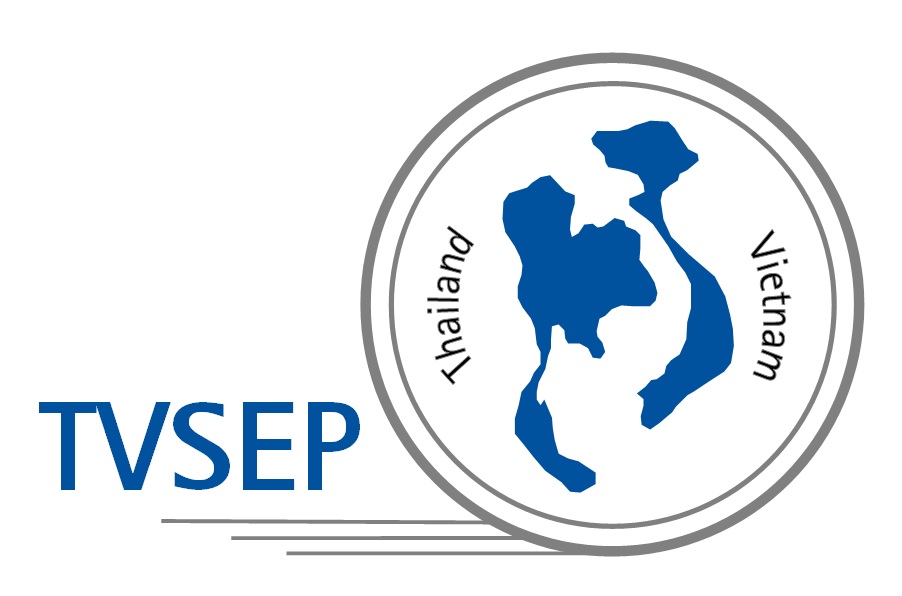Add-on project: Building adaptive capacity to external risks through collective action – The role of social capital in small-scale farming in rural areas of Vietnam
Project report
Carolin Hulke
Adapting to climate change impacts and various socio-economic risks is an increasing challenge for the agrarian population in the Global South. Rural households mitigate these risks both individually and collectively, a strategy proven by researchers to be viable for establishing long-term adaptive capacities with better outcomes than short-term coping measures. However, while the importance of social structures and interactions has been acknowledged, little in-depth empirical research exists on the influence of those structures on livelihoods at risk. The project aims to adopt a perspective in resilience research which focusses on proactive adaptive capacity to increase capabilities of local actors. I address the question: How is social capital in local, informal collective action influencing adaptive capacity in comparison to formal collective organisations of small-scale farmers in rural areas of Vietnam?
For my master thesis, I applied a mixed-methods approach combining the TVSEP survey data from three rural provinces of Vietnam from 2013 and qualitative interviews with farmers and local decision-makers in four case study villages conducted in April 2017.
Prior to the field phase, I analysed the household and village survey provided by TVSEP jointly. Thus, the spatially correlated data required multilevel analyses. In a first step, I calculated spatial effects of the village and household level on the dependent variable ‘collective action’, which revealed a high household effect of 23% for Hue province. In a second step, I ran a multilevel logistic regression in order to reveal determinants of collective action, differentiating between household and village characteristics.
Prior to the field phase, I analysed the household and village survey provided by TVSEP jointly. Thus, the spatially correlated data required multilevel analyses. In a first step, I calculated spatial effects of the village and household level on the dependent variable ‘collective action’, which revealed a high household effect of 23% for Hue province. In a second step, I ran a multilevel logistic regression in order to reveal determinants of collective action, differentiating between household and village characteristics.
Based on the insights gained from in-depth data analyses, I deductively designed interview guidelines for farmers and village heads in the selected villages in Hue province. 18 structured explorative interviews with the village heads and small-scale farmers were conducted from April to May 2017. The organisation of the field phase was supported by the TVSEP team in Hannover and Vietnam. Just shortly before my field phase, the TVSEP Vietnam Collection Center was established at Hue University, which provided me with a helpful support network.
The results of my research reveal firstly the mutual emergence of formalised collective action and ‘semi-formalised’/informal structures based on dense socio-institutional networks. Secondly, these different structures are a synergistic result of internally initiated transformations aimed at better addressing the needs of farmers, thus demonstrating their adaptive capacity through social learning mechanisms.
Acknowledgements
First, I thank my supervisor Prof. Dr. Revilla Diez for his support. The data was kindly provided by TVSEP (www.TVSEP.de). I am grateful to the TVSEP team in Hannover and Hue for their support and assistance without which the project could not have been realised. My Vietnamese colleague Duong Quoc Non assisted in conducting the interviews. The project was funded by the Global South Study Center Cologne.

















